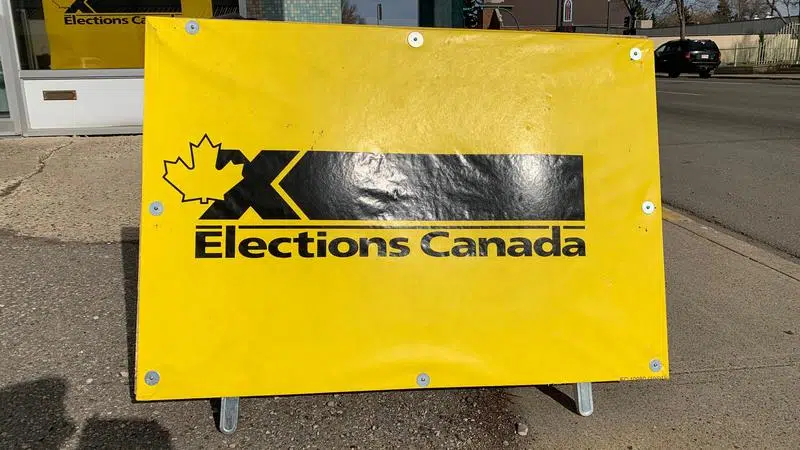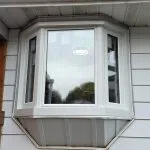
U of L Professor predicts “deeply divided country” after election
LETHBRIDGE, AB – All but one riding in Alberta voted Conservative in this week’s federal election. The entirety of Saskatchewan went blue. More people across the country voted for the Conservatives than any other party.
Yet, it is Justin Trudeau and the Liberals that are expected to form a minority government.
University of Lethbridge Political Science Professor Geoffrey Hale talked to LNN about Monday’s election results and about what appears to be a growing sentiment of western alienation.
“We have a deeply divided country and it is going to take a certain amount of mutual forbearance for all of us to find a way forward that works for the interests of all parts of the country. I’m not saying the survival of Canada is at stake at this point, because I don’t think it is, but our ability to work constructively together certainly is.”


